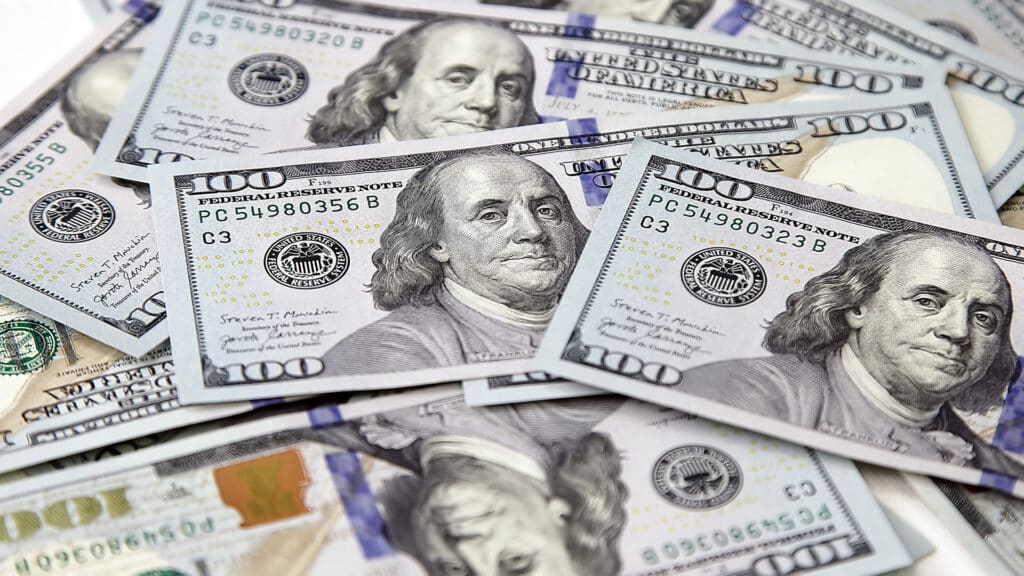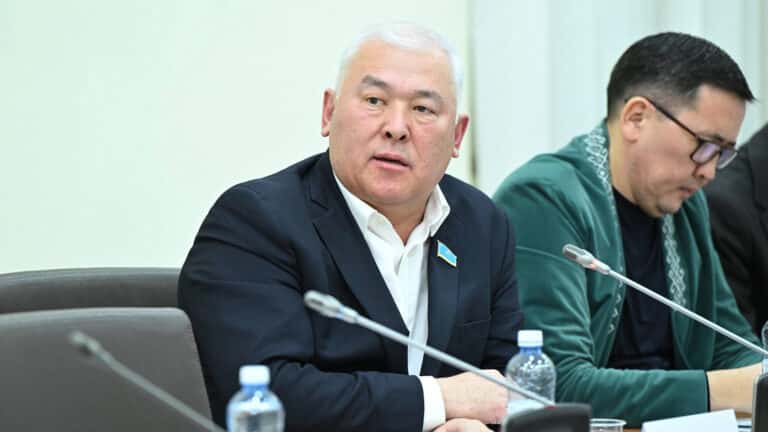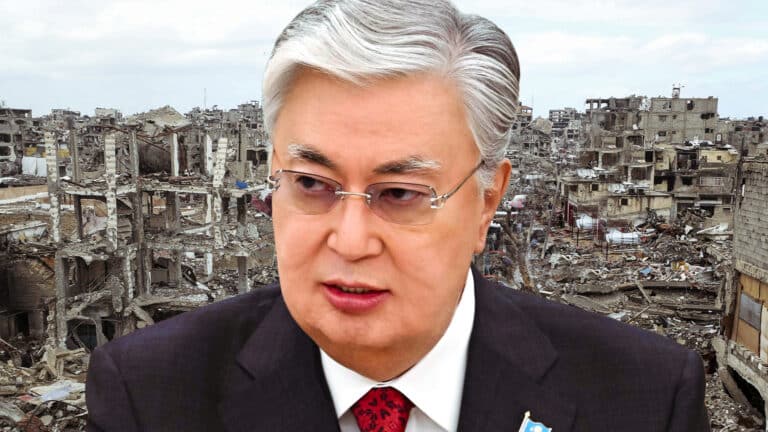
Kazakhstan’s National Bank has been performing foreign exchange interventions since Nov. 16, selling more than $1 billion in its foreign currency and gold reserves, according to National Bank Chair Timur Suleimenov.
«From Nov. 15 to Nov. 16, Kazakhstan’s National Bank performed foreign exchange interventions worth $1 billion. We continued doing so until yesterday. Thus, foreign currency and gold reserves reduced from $44.5 billion to $43.5 billion,» Suleimenov said during a briefing on the base rate.
He added that he could not disclose the amount of interventions carried out over the past two days, as it is confidential information. Since Nov. 27, the tenge has weakened by approximately 3% against the dollar. The current exchange rate of the Kazakhstani currency on the stock exchange is 512.03 tenge per dollar.
According to Suleimenov, interventions have currently ceased, and the exchange rate is now being determined by market factors. He also clarified that if there is no extreme volatility caused by speculative factors, no further interventions will be made.
The last intervention took place in May 2022, following the outbreak of full-scale war between Russia and Ukraine. Suleimenov recalled that at that time, inflation surged sharply, and there were significant fluctuations in both the dollar-tenge and ruble-tenge exchange rates.
The official emphasized that the regulator does not set a target exchange rate for the tenge in relation to the dollar. It is determined by the market based on supply and demand factors. As interventions have been suspended, the current decline of the Kazakhstani currency is driven by market factors.
Suleimenov also added that the trading volume on the Kazakhstan Stock Exchange (KASE) exceeded $1.3 billion over the past two days. He dismissed the idea that such a large volume could be linked to market speculations, stating that «no speculator would handle a billion dollars.» According to him, the current market activity is driven by the search for a new balanced exchange rate for the tenge, rather than by the actions of individual players.
«The market is in search of a new balance. These are not speculations; this is a collective work by all participants. They evaluate current conditions and react to changes,» he added.
Earlier this week, the National Bank confirmed that it had carried out interventions following the sharp drop in the tenge’s exchange rate. The bank also pledged to intervene again if risks to financial stability or excessive fluctuations emerge.
The decline of the tenge is also driven by several external factors, including the depreciation of the ruble, the strengthening of the DXY index (the dollar’s value against major world currencies), heightened volatility in oil prices and increased domestic demand for dollars.













